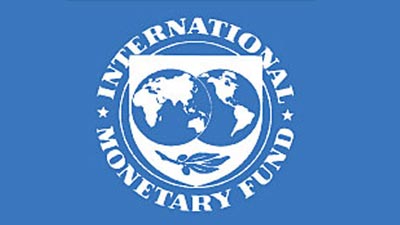The International Monetary Fund (IMF) has revised down its growth projection for Nigeria in 2023 to 2.9%, a 0.3% reduction from its earlier forecast. This adjustment is attributed to weaker oil and gas production and the negative impact of high inflation on consumption.
In its recent World Economic Outlook titled ‘Navigating Global Divergences,’ the IMF indicated that Nigeria’s economy is expected to decline from its 2022 growth rate of 3.3% to 2.9% in 2023 and then recover to 3.1% in 2024. The reduced growth prospects are primarily due to lower-than-expected oil and gas production, partly resulting from maintenance work.
The IMF previously projected Nigeria’s 2023 growth rate at 3.2% in July, citing concerns related to security issues in the oil sector. However, these issues, combined with persistently high inflation, have prompted the downward revision. In August, Nigeria experienced a spike in inflation, reaching 25.80%, an 18-year high, according to data from the National Bureau of Statistics. Nigeria’s GDP growth for the second quarter of 2023 was reported at 2.51%.















